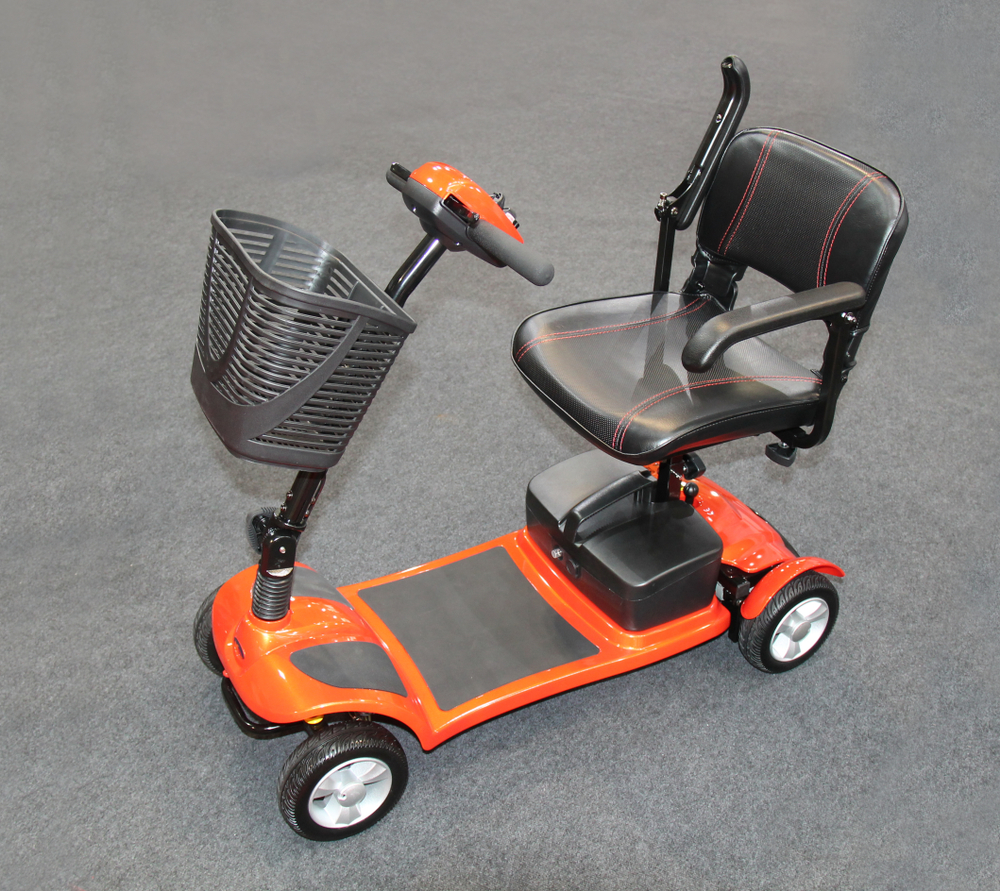The Health Benefits of Using a Mobility Scooter
When it comes to enhancing the quality of life for those with limited mobility, mobility scooters are a significant tool. They’re much more than just a mode of transportation – they also provide a range of health benefits for physical, mental, and emotional well-being. The elderly, people recovering from surgery, and those with chronic conditions are just some of the individuals who can use mobility scooters to bring them closer to a more active and fulfilling life.
Enhanced Physical Health
Perhaps the biggest health benefit of mobility scooters is the preservation and improvement of physical health. If individuals are inactive, this can contribute to physical deterioration. That’s where mobility scooters come in to encourage users to engage in more activities that require them to leave their homes. After all, mobility scooters allow users to visit parks, go shopping, and participate in social events without the fear of overexertion or fatigue. From increased activity comes improved muscle strength, better circulation, and the prevention of conditions that are linked to prolonged inactivity, including deep vein thrombosis and pressure sores.
Improved Mental Health
It’s not just about physical health – mobility scooters go so far as to benefit your mental health. This is because limited mobility can lead to feelings of loneliness and depression; however, with a mobility scooter, it becomes so much easier to get from A to B. Having a reliable means of transportation allows users to maintain social connections and engage in community activities. After all, social interaction is essential for mental well-being, as it provides a sense of belonging and purpose. Similarly, using a mobility scooter brings freedom and independence, and this can significantly boost self-esteem and reduce anxiety that comes from mobility limitations.
Increased Independence
For a person to feel good in themselves, they need to truly experience independence. That’s where mobility scooters come in to empower individuals to perform daily tasks without relying heavily on others. With more independence comes a better quality of life, as individuals are able to manage their own schedules, run errands, and enjoy leisure activities at their own pace. With the ability to move freely and independently comes a sense of control and autonomy, which is essential for both mental and emotional health.
Support for Caregivers
Caregivers also feel the benefit when their loved ones use mobility scooters. This is because caring for someone with limited mobility can be both physically and emotionally demanding. With mobility scooters, some of the burden is alleviated, as the mobility scooter users are able to perform tasks themselves, which reduces the strain on caregivers. From this comes improved mental health and reduced stress for caregivers, which allows them to provide better care and maintain their own mental well-being.
Enhanced Safety
Mobility scooters are designed with safety features that protect users from falls and injuries. Naturally, those with balance issues are prone to falls, and a mobility scooter acts as a stable and secure mode of transportation. Similarly, anti-tip wheels, ergonomic seating, and easy-to-use controls are all there to further minimize the risk of accidents. Reducing the likelihood of falls and injuries helps mobility scooter users maintain their physical health and avoid complications that can stem from accidents.
Access to Physical Therapy and Rehabilitation
Mobility scooters can be essential features of the rehabilitation process for those recovering from surgery or managing chronic conditions. This is because these scooters provide a means to stay active without putting undue stress on the body. With the help of these scooters, users can gradually increase their activity levels, which helps with healing and strengthening muscles.
Keep an eye for more latest news & updates on Buzz Released!






